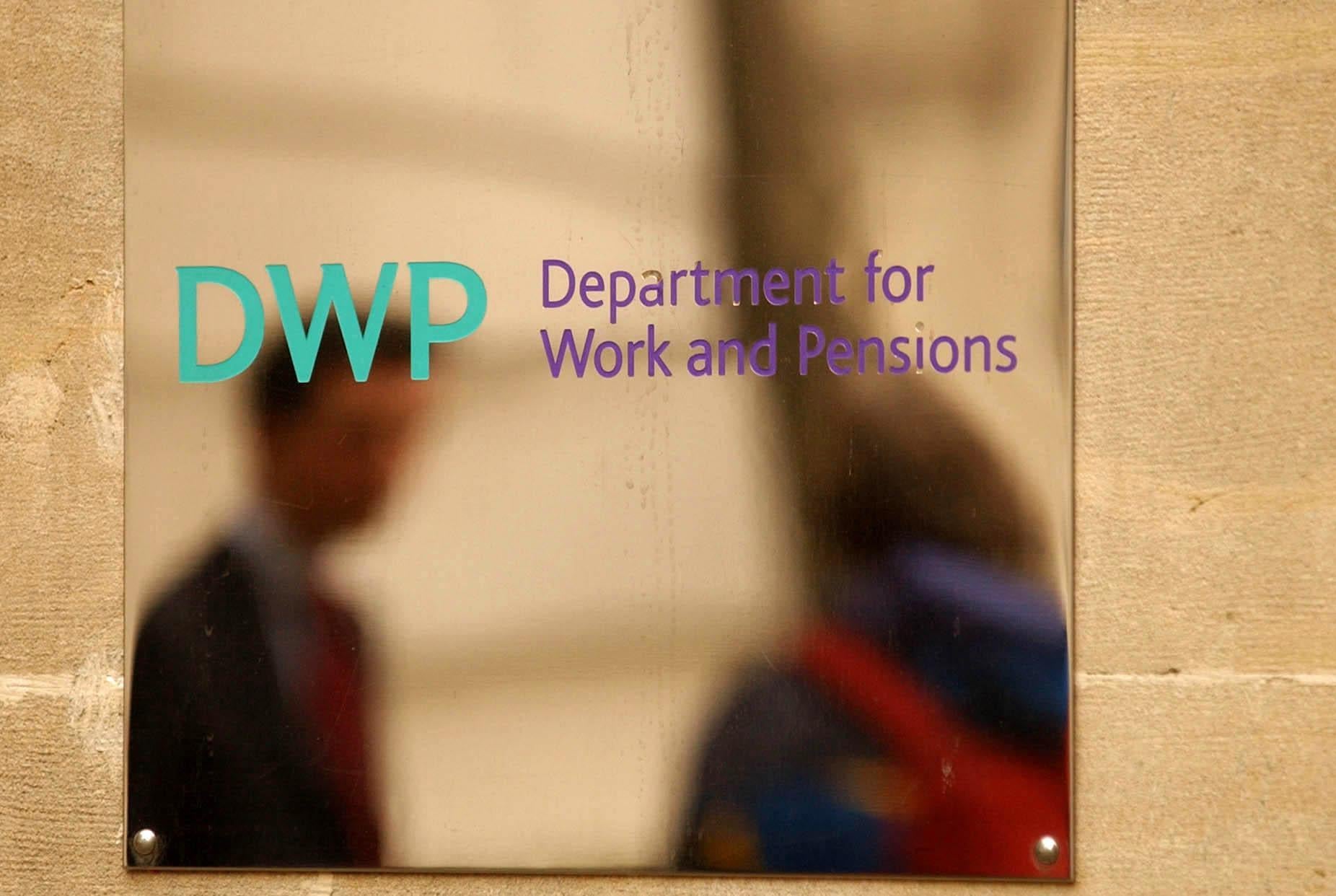Four million families face ‘significant decline’ in income under plans to scrap universal credit increase
Benefits system ‘ripe for reform’ says Institute for Fiscal Studies, as millions face £1,000-a-year cut

Your support helps us to tell the story
This election is still a dead heat, according to most polls. In a fight with such wafer-thin margins, we need reporters on the ground talking to the people Trump and Harris are courting. Your support allows us to keep sending journalists to the story.
The Independent is trusted by 27 million Americans from across the entire political spectrum every month. Unlike many other quality news outlets, we choose not to lock you out of our reporting and analysis with paywalls. But quality journalism must still be paid for.
Help us keep bring these critical stories to light. Your support makes all the difference.
Four million households face a "significant decline" in their income under government plans to scrap the £20 a week increase in universal credit, a report has warned.
The Institute for Fiscal Studies said that millions would lose an average of 13 per cent of their benefits if the cut goes ahead in April as planned. The think tank said the UK's welfare system is "ripe for reform" as it laid out the choices facing the government.
With unemployment already rising and forecast to spike over the winter, many more households are expected to be reliant on the benefit system, one of the least generous of a wealthy nation.
The government again this week resisted calls to keep the £20 uplift brought in at the start of the pandemic.
Even with the increase, a single childless worker on average earnings who lost her job receives just 17 per cent of her usual income in benefits, the IFS calculated.
That compares with an average of 20 per cent in the members of the Organisation for Economic Cooperation and Development (OECD).
However, the true gulf is much wider — 17 per cent versus 55 per cent — once contributory benefits are taken into account.
These are benefits where the level of payment depends on your work history, and these benefits make up a far larger proportion of most other countries’s welfare systems.
New research from the IFS lays out "tough choices" for the government. Ministers could choose to make the £20 per week increase permanent, which would add 10 per cent to the cost of universal credit, although that would “undo at most two-thirds of the benefit cuts made since 2015, let alone those made during the coalition”, the IFS said.
If the government chose to make all of its temporary increases to benefits permanent, the overall costs of the system would increase by a quarter this year
That would mean an extra £26bn added to the benefits bill this year, if unemployment rises and earnings fall in line with expectations, the IFS said.
"Regardless of the decision made about the size of the [benefit] system, the government should certainly take the opportunity to improve aspects of the working-age welfare system that were already ripe for reform before the crisis," the IFS said.
During his winter economic statement, Rishi Sunak, the chancellor, made it clear the government was not extending the temporary uplift in payments, despite pressure from opposition parties and campaigners.
Tackled twice on the issue by the SNP’s Westminster leader Ian Blackford at Prime Minister’s Questions on Wednesday, Boris Johnson refused to commit to making the increase in universal credit permanent, simply telling MPs the government would “continue to support families across this country”.
Pressed a third time by the Labour MP Stephen Timms, the prime minister added: “Of course, we keep all these things under constant review.”
Wendy Chamberlain, the Liberal Democrat spokesperson for work and pensions, said the government would be guilty of "heartlessness at its worst" if it cuts benefits while millions of people are struggling.
“With the furlough scheme due to end this month and more business lockdowns expected soon, unemployment is set to soar. If ministers go ahead with their plan, millions will face financial ruin," she said.
“The boost to welfare payments must be extended beyond next April alongside the extension of furlough. Ultimately, this should only be the start of a fundamental rethink of our welfare system.”
The IFS also recommends reforming housing benefit, which had "bizarrely" been linked to rents in each local area in 2011. This meant families in areas that have since become more expensive were eligible for less support than otherwise-equivalent families in low-rent ones.
That was temporarily scrapped in March, with housing benefit linked to current rents, an improvement that should be made permanent, according to the IFS.
Pascale Bourquin, a research economist at IFS and an author of the report, said: "There may well be a case for a more generous benefit system, but not necessarily in the way in which increases were implemented at speed this year.
"A more serious review of the treatment of, for example, housing costs and of the self-employed is required. Simply reverting to the pre-Covid system would mean going back to a world where self-employed UC [universal credit] claimants are penalised for having incomes that fluctuate within the year, and where housing benefits are based on local rents from a decade ago."
A Department for Work and Pensions spokesperson said: "This government is wholly committed to supporting the lowest-paid families and has already taken significant steps, including raising the living wage, ending the benefit freeze and increasing work incentives.
"During this challenging time we have provided £9.3bn extra welfare support to help those most in need, as well as introducing income protection schemes, mortgage holidays and additional support for renters, and constantly keep these measures under review."
Subscribe to Independent Premium to bookmark this article
Want to bookmark your favourite articles and stories to read or reference later? Start your Independent Premium subscription today.





Join our commenting forum
Join thought-provoking conversations, follow other Independent readers and see their replies
Comments